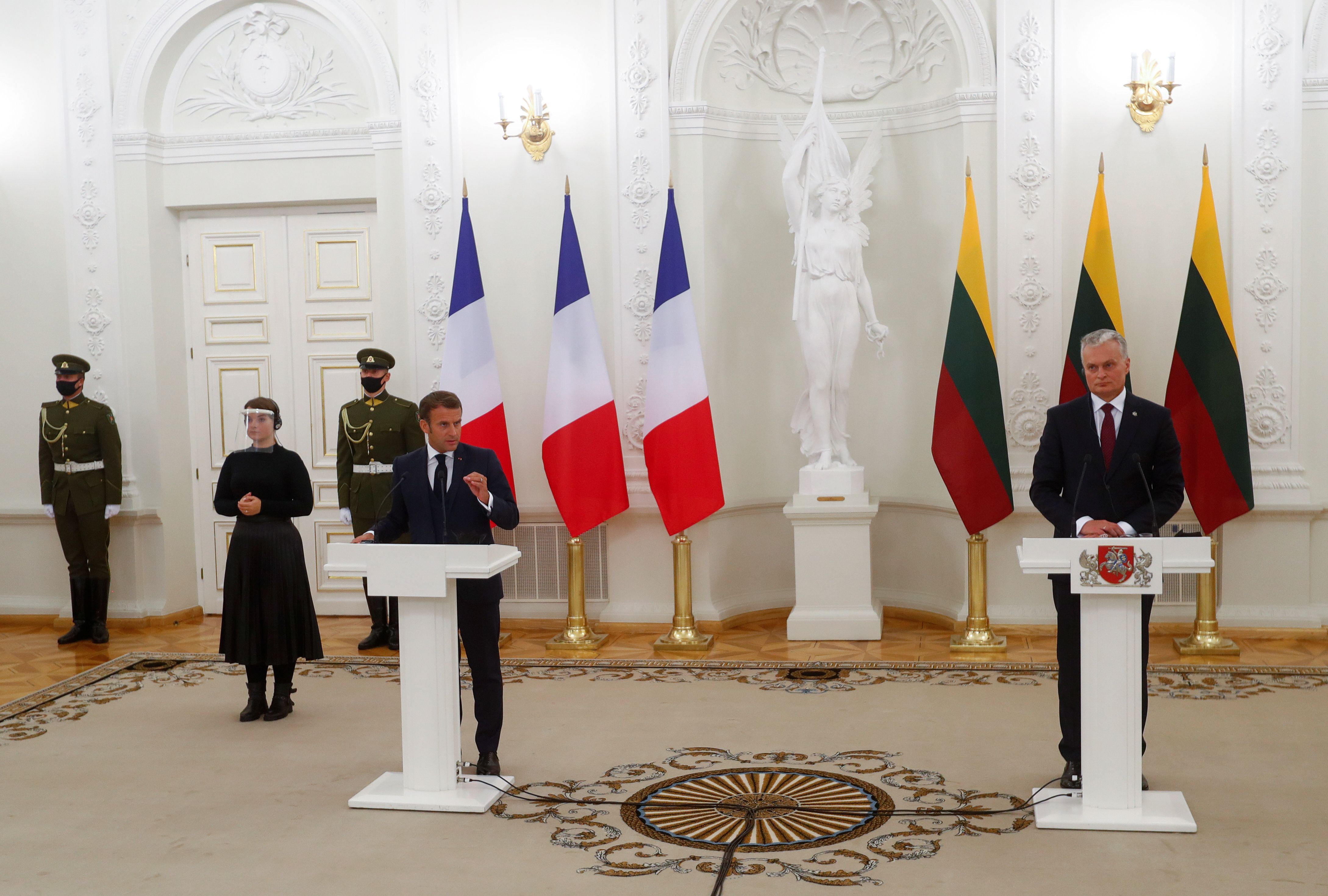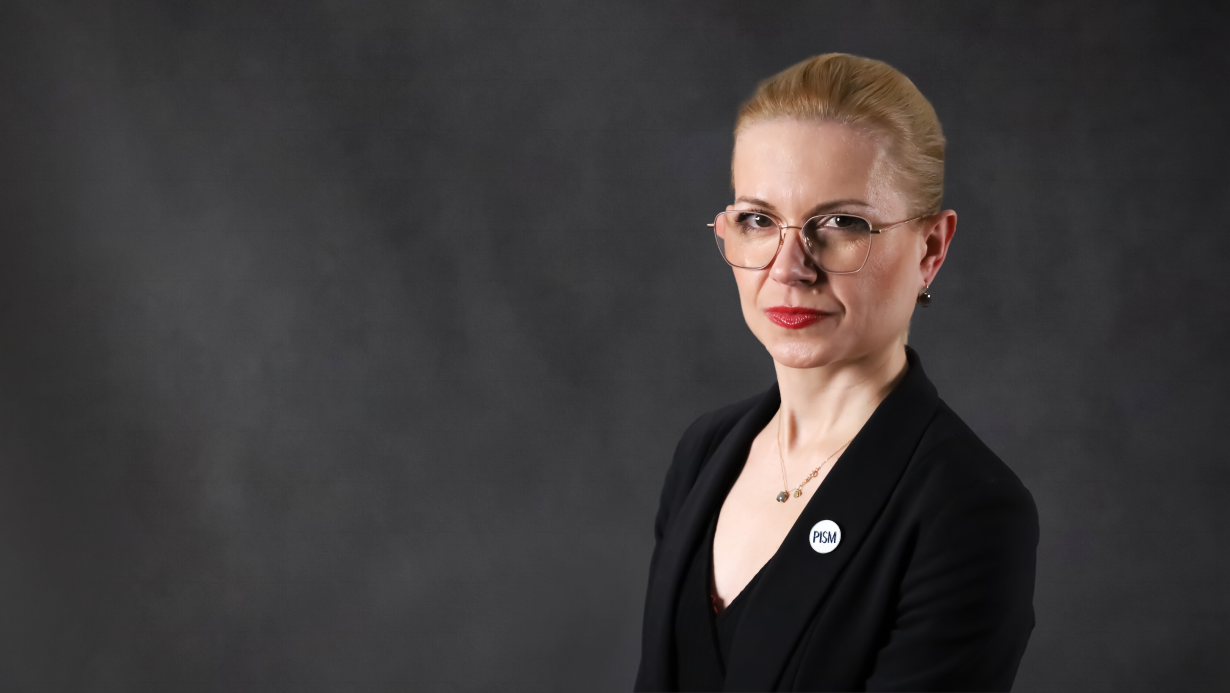Macron’s Visits to Lithuania and Latvia

What was the purpose of Macron’s visits to Lithuania and Latvia?
The purpose of Macron’s visits to Lithuania and Latvia was to promote the French vision of European integration in the field of security, especially the popularisation of the view on the need to increase European independence in line with the idea of strategic autonomy. Both countries have not yet developed close cooperation with France in the field of security. To emphasise this component, there was a meeting with French troops stationed in Lithuania and Latvia as part of NATO’s multinational combat battalion group (enhanced forward presence, or “eFP”). Among the Baltic States, only Estonia participates in the European Intervention Initiative—France’s proprietary project—and was the first to support the French military in Mali. That is why President Macron did not come to Tallinn.
To what extent does France share the approach of the Baltic States to the events in Belarus?
On the occasion of his visit to Vilnius, Macron met with the leader of the Belarusian opposition, Svetlana Tikhanovskaya. He assured her of France’s support for pro-democratic changes in Belarus and invited her to speak to the French parliament. He indicated, however, that the entity competent to conduct talks between the opposition and the regime in Minsk was the OSCE, which he said should carry out a mediation mission in Belarus. At the same time, he assured her that France shared Lithuania’s assessment not only of the situation in Belarus but also of the need to introduce EU sanctions as soon as possible. He presented a similar position in Riga.
Does France share the Baltic States’ view of EU relations with Russia?
The visits confirmed fundamental differences in the assessment of Russia’s actions by France and the Baltic States, which determines their different priorities in foreign policy. Despite his support for changes in Belarus and expressing respect for the history and different experiences of the Baltic States in relations with Russia, Macron showed that France is more willing than them to engage in dialogue with the latter. He argued that constructive dialogue is necessary to maintain peace in Europe. Meanwhile, in the opinion of Lithuanian President Gitanas Nausėda, a supporter of the isolation of an aggressive Russia in the international arena, France’s pragmatic approach is inadequate when the goals and interests of individual EU countries are mutually exclusive. The Latvian Prime Minister Arturs Kariņš was equally sceptical about possible dialogue with Russia, justifying it with security issues.
What is the significance of visits for bilateral relations?
France’s relations with the Baltic States were not intense, and the French president’s first visits to these countries since 2001 are proof of this. However, in the face of the crisis caused by the COVID-19 pandemic, as well as the EU’s recovery initiatives under the recovery fund, France is seeking to strengthen economic cooperation with Lithuania and Latvia. The part of the declaration signed in Vilnius concerning cooperation in the field of new financial services and technologies is to serve this purpose. France’s intention is also to strengthen scientific cooperation. In climate policy, it is to motivate the Baltic States to innovate in the field of green technologies. In turn, France’s recognition for the Baltic initiatives in the EU to combat disinformation and digital threats was a joint declaration on the protection of democracy.


